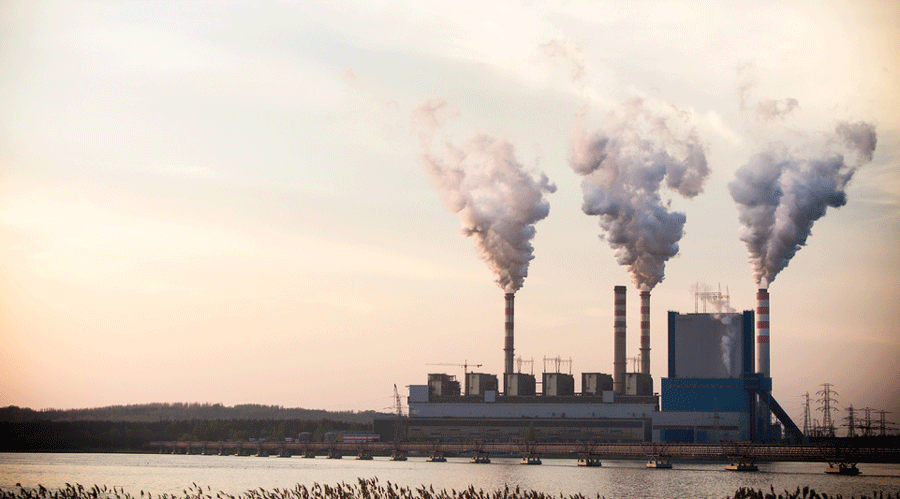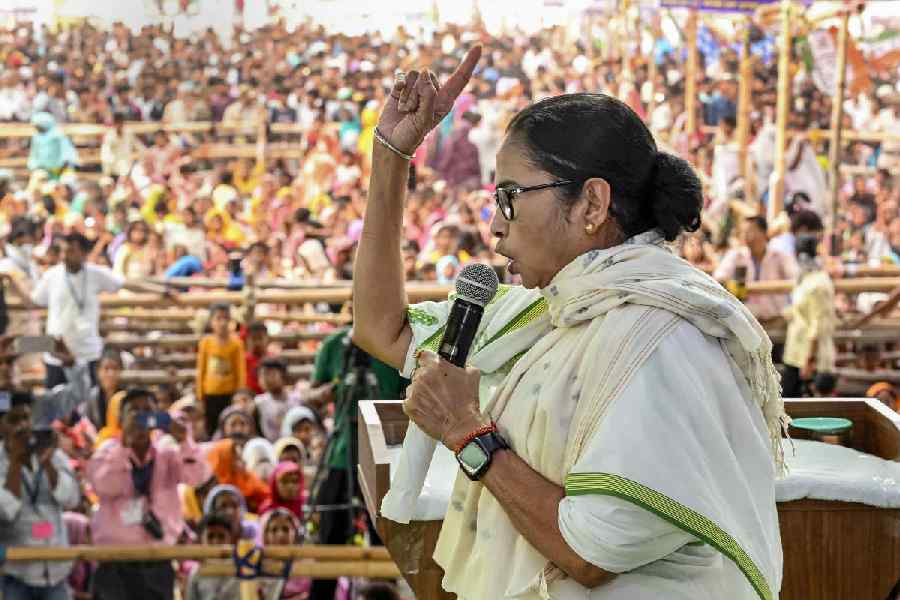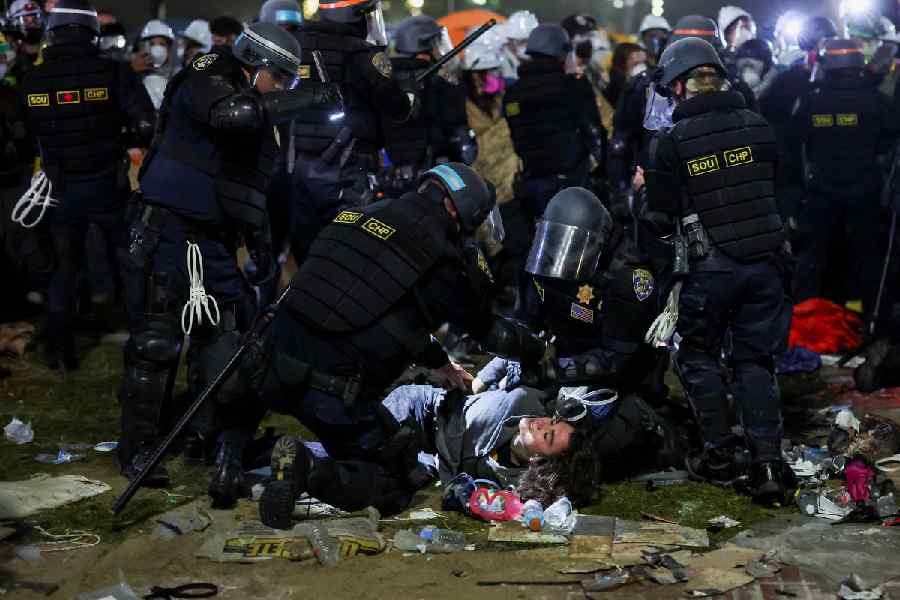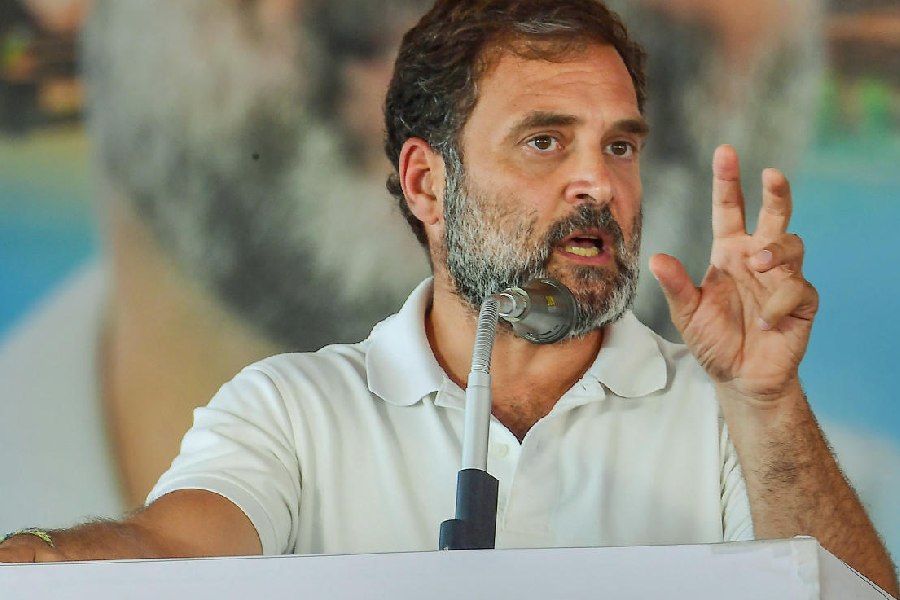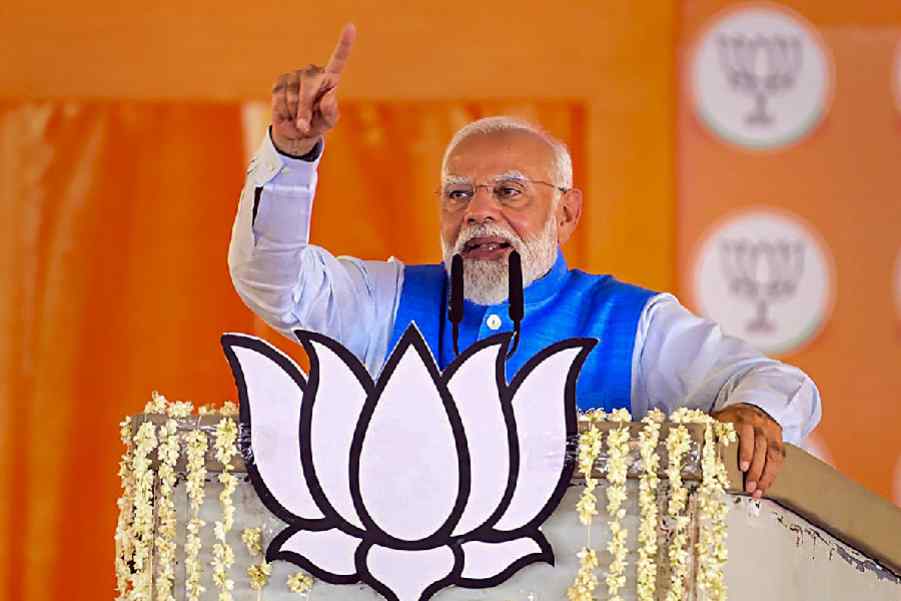Global emissions of Earth-warming greenhouse gases should decline from 2025 if the world wants to limit its average temperature rise within 1.5 degrees Celsius, compared to pre-industrial levels, said a UN climate report released in Geneva on Monday.
The report, flagging challenges to capping global warming to within 1.5 to 2 degrees C, said the average annual greenhouse gas emissions during 2010-2019 were at their highest levels in human history, although their growth rate has slowed.
The global report has not mentioned anything specific about any country. But Joyashree Roy, a coordinating lead author of the report, told The Telegraph that India would be one of the worst-hit areas because of its large number of poor people, its long coast line and other vulnerabilities.
The report from the Intergovernmental Panel for Climate Change is the third instalment of the UN body’s sixth assessment report. The earlier reports, published over the last eight months, had termed the climate change status as “Code Red”, implying a dire warning to the world.
The new report, while iterating the earlier warnings, has also underlined a silver lining stating that “there are options available in all sectors… to at least halve emissions by 2030” and achieve a 40 to 70 per cent reduction by 2050.
But for this, countries would need to adopt the right policies, infrastructure and technology and provide opportunities for individuals and institutions to reduce emissions.
The 2015 Paris climate pact had stated its intention to cap the temperature rise to within 1.5 degree C, citing scientific studies indicating that warming beyond that would intensify heat waves, extreme rain events, flooding, drought, melting glaciers and sea level rise.
“It’s now or never, if we want to limit global warming to 1.5 degrees C,” said IPCC Working Group III Co-Chair Jim Skea, adding “without immediate and deep emissions reductions across all sectors, it will be impossible”.
The report said the next few years are “critical”, and limiting the warming to 1.5 degrees C would require global greenhouse gas emissions to peak by 2025 at the latest and reduce by 43 per cent by 2030.
The report, echoing concerns expressed by climate experts, has highlighted “investment gaps”, pointing out that the present financial flows are three to six times lower than the levels needed by 2030 to limit warming to even below 2 degrees C.
Linking climate change with achieving sustainable development goals, the report pointed that “some response options can absorb and store carbon and, at the same time, help communities limit the impacts associated with climate change”.
The report referred to how networks of parks and open spaces, wetlands and urban agriculture in cities can simultaneously reduce flood risk and heat-island effects.
“This applies critically for a city like Calcutta; as earlier reports have pointed out how the city has a major problem of heat island effect as it was found to be the quickest warming part of the world in the last six decades,” said an expert associated with the report.

